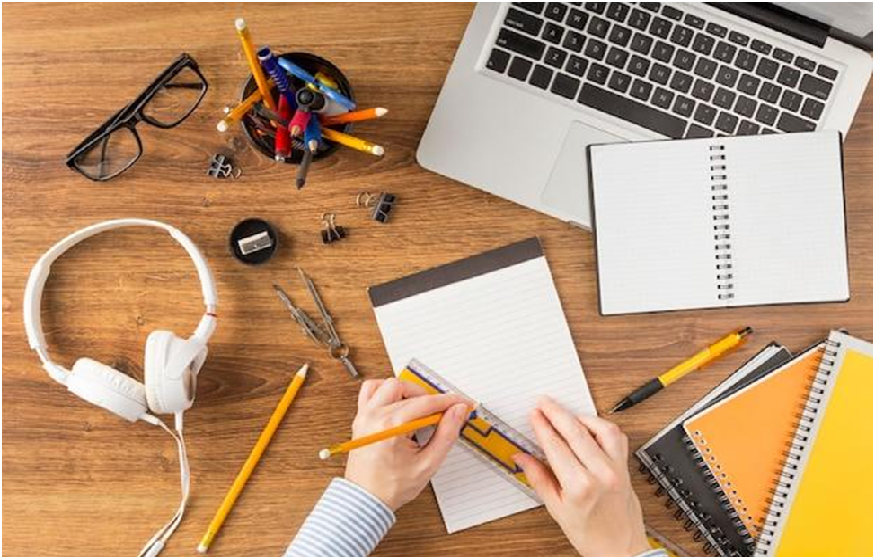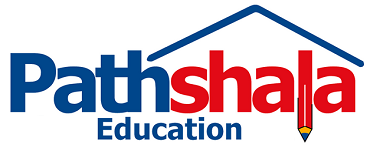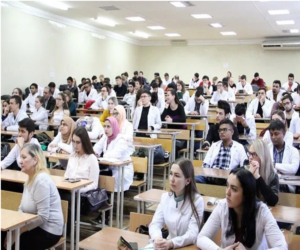
Studying physics can be daunting due to its complex theories and mathematical underpinnings. Effective study techniques are crucial for mastering this challenging subject. Physics students often face unique hurdles that require tailored strategies to overcome. This article provides practical tips and methods to help students excel in their physics studies, making the learning process more manageable and enjoyable.
Building a Strong Foundation
A strong foundation in basic physics concepts is essential for tackling more advanced topics. Understanding fundamental principles like Newton’s laws, energy conservation, and basic electromagnetism can make complex theories easier to grasp. For instance, mastering the concept of force and motion can simplify the study of dynamics and kinematics.
Building this foundation involves consistent practice and revisiting core concepts regularly. Students should focus on understanding rather than memorizing these basics. This approach aids in solving problems and applying these principles to real-world scenarios. For example, knowing how energy conservation works can help in understanding thermodynamics and quantum mechanics.
Moreover, a solid grasp of basic mathematics is indispensable. Algebra, trigonometry, and calculus are the languages of physics. Proficiency in these areas allows students to navigate through equations and formulas with ease, making the learning process smoother and more intuitive.
Engaging with Active Learning
Active learning strategies can significantly enhance the understanding and retention of physics concepts. Problem-solving is at the heart of physics, and tackling a variety of problems helps in solidifying one’s grasp of the subject. Working through problems, rather than passively reading solutions, engages the brain in critical thinking and application.
Group discussions offer another layer of understanding. Explaining concepts to peers and hearing different perspectives can clarify doubts and reinforce learning. Study groups can simulate a collaborative environment where students can challenge each other and share insights, making the learning process dynamic and interactive.
Hands-on experiments are invaluable. Physics is an experimental science, and seeing theories in action can bridge the gap between abstract concepts and tangible understanding. Simple experiments, like measuring acceleration using a ramp and a ball, can make learning more engaging and memorable.
Utilizing Visual Learning Tools
Visual aids are powerful tools for understanding complex physics concepts. Diagrams, charts, and videos can break down intricate theories into more digestible parts. For instance, a well-drawn free-body diagram can simplify the analysis of forces acting on an object, making problem-solving more straightforward.
Incorporating these tools into study sessions can be highly effective. Students should make it a habit to draw diagrams while solving problems or summarizing concepts. This practice aids in visualization and organizing thoughts and structuring answers logically.
Specific visual aids, like Feynman diagrams for particle physics or circuit diagrams for electromagnetism, are particularly useful. These tools provide a visual representation of interactions and processes, making it easier to understand and remember the underlying principles.

Mastering Note-Taking
Effective note-taking is a skill that can significantly impact a student’s ability to learn and retain information. During lectures, students should focus on capturing key points and concepts rather than transcribing everything verbatim. This approach encourages active listening and comprehension.
Different note-taking methods can be particularly useful for physics students. The Cornell method, for example, involves dividing the page into sections for notes, cues, and summaries, which can help in organizing information systematically. Mind mapping, on the other hand, allows for a more visual representation of concepts and their interconnections.
Well-organized notes can serve as a valuable resource for revision. Students should review and refine their notes regularly, adding annotations and clarifications as needed. This practice reinforces learning and ensures that the notes remain a reliable study aid.
Managing Time Wisely
Time management is crucial for effective studying. Creating a study schedule can help students allocate their time efficiently and avoid last-minute cramming. A well-structured schedule should balance study sessions with breaks to maintain focus and prevent burnout.
Allocating specific time slots for different topics can ensure comprehensive coverage of the syllabus. For instance, dedicating certain days to mechanics and others to electromagnetism can help in organizing study efforts. This approach also allows for periodic review sessions, which are essential for long-term retention.
Avoiding procrastination is key. Students should set realistic goals and deadlines, breaking down larger tasks into manageable chunks. This strategy makes studying less overwhelming and fosters a sense of accomplishment and progress.
Practicing with Past Papers
Practicing with past exam papers is an effective way to prepare for exams. It familiarizes students with the exam format and types of questions they can expect. This practice also helps in identifying areas that need improvement, allowing for targeted revision.
Working through past papers under timed conditions can simulate the exam environment, helping students manage their time effectively during the actual exam. This practice builds confidence, as students become more comfortable with the question patterns and difficulty levels.
Resources for past exam papers are often available online or through academic institutions. Students should make use of these resources, incorporating past paper practice into their regular study routine. This approach enhances exam readiness and reinforces learning through repeated application of concepts.
Seeking Support and Resources
Seeking help when needed is crucial for overcoming challenges in physics. Teachers and tutors can provide valuable guidance and clarification on difficult topics. Students should not hesitate to ask questions and seek explanations for concepts they find challenging.
Study groups and forums offer additional support. Collaborating with peers can provide different perspectives and solutions to problems. Online forums, in particular, can connect students with a broader community of learners and experts, facilitating knowledge exchange and problem-solving.
There are numerous online resources available for physics students. Websites, video tutorials, and interactive simulations can supplement traditional learning methods. Students should explore these resources to find ones that best suit their learning style and needs.
Preparing for IB Physics
For students preparing to study IB Physics, tailored strategies and resources are essential. Understanding the IB Physics curriculum is the first step. Familiarity with the syllabus, assessment criteria, and exam format can help in planning study efforts effectively.
Students should focus on developing a deep understanding of core topics, as the IB program emphasizes conceptual knowledge and application. Regular practice with past IB exam papers can provide insights into the types of questions asked and the level of detail required in answers.
Utilizing resources specifically designed for IB Physics can be beneficial. Study guides, online courses, and tutoring services tailored to the IB curriculum can provide targeted support. Students should take advantage of these resources to enhance their preparation and performance.
Final Thoughts and Encouragement
In summary, mastering physics requires a combination of strong foundational knowledge, active learning strategies, effective note-taking, and time management. Visual aids and past exam papers can further enhance understanding and exam readiness. Seeking help and utilizing available resources are also crucial for success.
Physics students should stay motivated and persistent in their studies. Continuous practice and regular review are key to long-term retention and mastery of concepts. It’s important to remember that challenges are a part of the learning process, and seeking help when needed is a sign of proactive learning.






